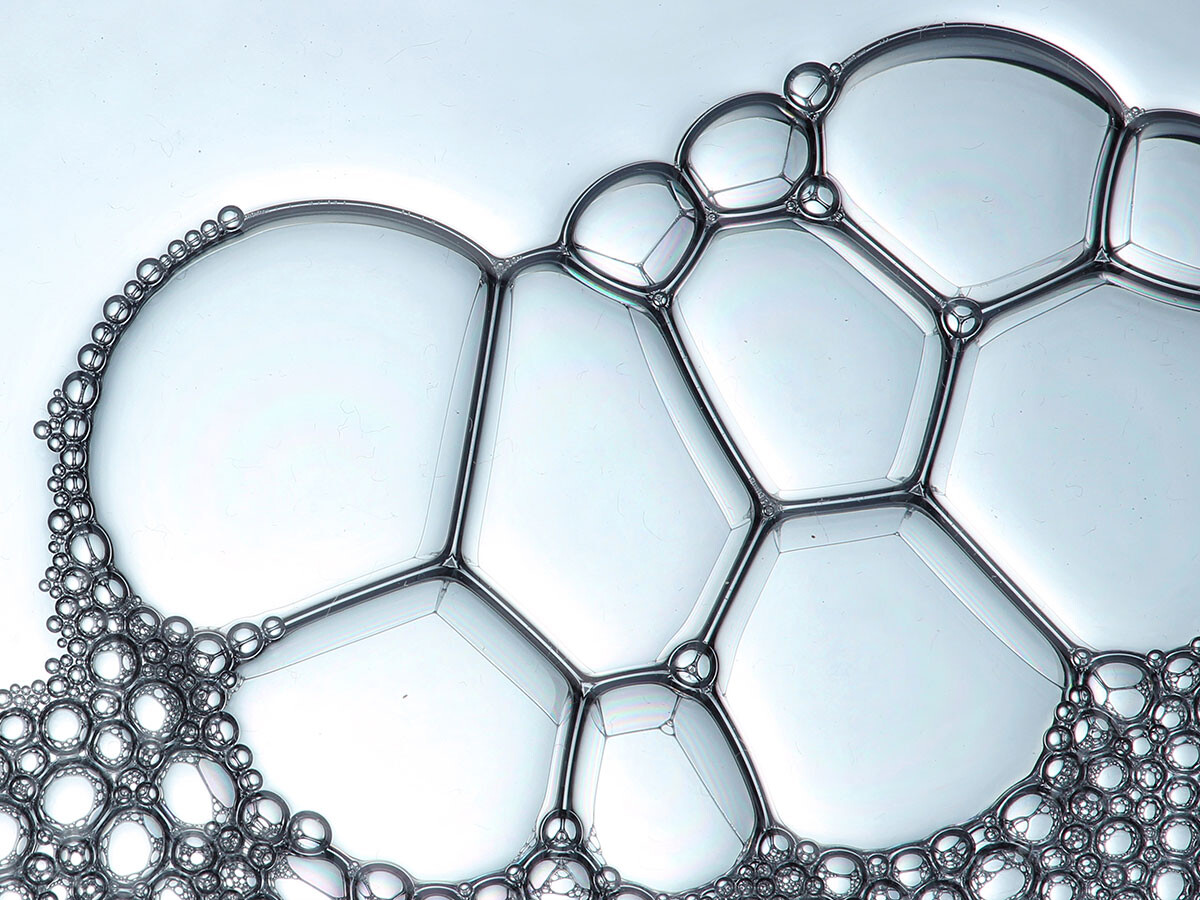The Duty of Defoamers in Enhancing Item Top Quality and Performance
Defoamers serve as vital ingredients that reduce this concern, making certain smoother production workflows while boosting the practical and aesthetic characteristics of the last products. The option of the ideal defoamer can be essential to accomplishing optimum results, increasing essential inquiries about formula compatibility and efficiency metrics that merit additional expedition.
Comprehending Defoamers
Comprehending the role of defoamers is crucial for maintaining item top quality throughout numerous industries. Defoamers are chemical additives developed to prevent the development and minimize of foam in liquid systems, which can adversely affect processes such as mixing, filling up, and surface area stress. Frothing can lead to ineffectiveness, item issues, and jeopardized visual charm, making defoamers an essential component in producing operations.
In industrial applications, defoamers aid to boost product consistency and security. The efficient use of defoamers not only makes certain smoother production processes yet also adds to remarkable product efficiency.
In addition, the choice and formulation of a defoamer must align with certain application requirements, such as compatibility with various other components, effectiveness under varying temperature and pH problems, and potential governing constraints. Ultimately, comprehending defoamers' functions and their significance in numerous solutions is vital for enhancing manufacturing and making certain the finest quality end products.
Kinds of Defoamers
Defoamers can be classified into numerous kinds based on their structure and mechanism of action. The primary kinds include silicone-based, non-silicone natural, and not natural defoamers.
Silicone-based defoamers are amongst one of the most effective, largely due to their ability to spread out rapidly on the fluid surface area and interfere with foam development. Their unique chemical structure permits superior stability, making them appropriate for high-temperature applications and settings with differing pH levels.
Non-silicone natural defoamers, often composed of fatty acids or natural oils, are valued for their biodegradability and lower poisoning. These are typically used in food and drink applications where safety and environmental effect are vital.
Not natural defoamers, which include compounds like talc or calcium carbonate, act by boosting the thickness of the liquid, thereby decreasing foam security. They are frequently used in commercial procedures where compatibility with various other products is not a worry.
Each kind of defoamer has unique advantages and limitations, permitting tailored services depending upon the particular foaming concerns experienced in various applications. Understanding these differences is critical for optimizing efficiency and attaining preferred product high quality.
Applications Across Industries
Numerous sectors utilize defoamers to improve product quality and operational performance. In the food and drink field, defoamers are important in processes such as developing and dairy products manufacturing to protect against foam development, which can bring about ineffectiveness and item disparity. By controlling foam, producers can ensure far better yield and an extra consistent product.
In the pharmaceutical market, defoamers play an important function in the formula of fluid medicines, where excessive foam can hinder mixing and exact dosing. Their usage helps keep the stability of the formulations and assists in smoother production procedures.
The paint and layers market additionally depends on defoamers to boost the performance of items during application. By decreasing foam, these additives ensure a smoother coating and enhance the aesthetic top qualities of the end product.

Advantages of Using Defoamers
While the application of defoamers differs across industries, their advantages consistently go right here improve item quality and procedure efficiency. One substantial advantage is the decrease of foam formation throughout manufacturing procedures, which can otherwise result in manufacturing delays and inconsistencies in product high quality. By minimizing foam, defoamers allow a smoother circulation of products, helping with more reliable procedures and minimizing the likelihood of devices malfunctions.
Additionally, making use of defoamers can boost the appearance and appearance of end products. In fields such as finishes, paints, and food processing, too much foam can endanger the visual aesthetic appeals and overall high quality, while the ideal defoamer application guarantees an uniform surface and preferable characteristics. Defoamers can add to set you back financial savings by lowering waste throughout production and optimizing the use of raw materials.

Selecting the Right Defoamer
Selecting the best defoamer is vital for optimizing production processes and making sure item high quality. The choice of defoamer influences not only the efficiency of foam control go right here however likewise the total efficiency characteristics of the final product. Factors to think about consist of the sort of application, the chemistry of the formula, and the ecological conditions under which the item will be made use of.
Different markets might need details defoamer types, such as silicone-based, organic, or polymeric defoamers. Recognizing the compatibility of the defoamer with the key active ingredients is vital to avoid unfavorable reactions that could compromise item honesty. Additionally, the defoamer's performance in numerous temperature levels and pH levels must be assessed to guarantee consistent efficiency.
Evaluating the defoamer in small applications can supply valuable insights right into its performance and viability. Consideration of regulative conformity, especially in food, drugs, and cosmetics, is vital in choosing a defoamer. Eventually, an extensive assessment of these factors will cause the option of a defoamer that not only manages foam effectively however additionally enhances the quality and performance of the end product.
Conclusion

To conclude, defoamers are important additives that substantially boost item top quality and efficiency throughout numerous sectors. By properly reducing foam development, these representatives not just boost functional performance however likewise add to the practical and aesthetic integrity of products. The calculated choice and application of defoamers cause cost savings, optimized resource use, and raised consumer satisfaction. On the whole, the importance of defoamers in commercial procedures can not be overstated, as they play an important duty in achieving high-grade and constant outcomes.
Lathering can lead to inefficiencies, item problems, and compromised aesthetic charm, making defoamers an important component in making operations.

Comments on “How Defoamers Can Save Time and Money in Industrial Production”